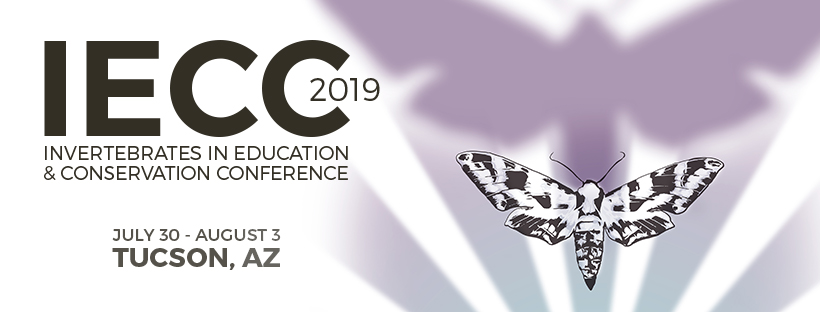

|
2019 INVERTEBRATES IN EDUCATION AND CONSERVATION CONFERENCE July 30 - August 3 • Tucson, Arizona
|
|||||||||||||||||||||||||||||||||||||||||||||||||
|
|
|||||||||||||||||||||||||||||||||||||||||||||||||
|
Subject to Change |
|||||||||||||||||||||||||||||||||||||||||||||||||
| Tuesday, July 30 |
9:00am - 4:00pm
|
TITAG Meeting | |||||||||||||||||||||||||||||||||||||||||||||||
|
1:00pm - 4:00pm
|
Registration | ||||||||||||||||||||||||||||||||||||||||||||||||
|
4:00pm - 6:00pm
|
Ice Breaker |
||||||||||||||||||||||||||||||||||||||||||||||||
|
Thank you to our Gold Level Sponsors: 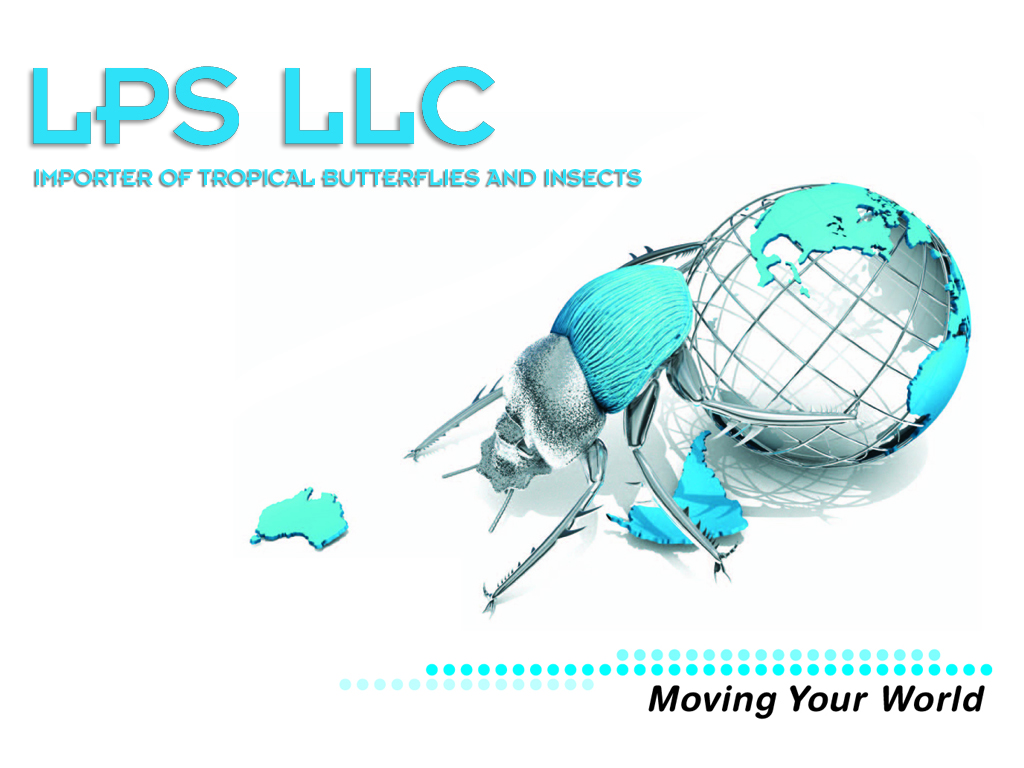 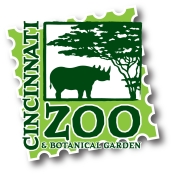

|
|||||||||||||||||||||||||||||||||||||||||||||||||
| Wednesday, July 31 |
6:30am - 8:30am
|
Registration | |||||||||||||||||||||||||||||||||||||||||||||||
|
1:30pm - 5:30pm
|
Registration | ||||||||||||||||||||||||||||||||||||||||||||||||
|
FIELD TRIPS - Pre-registration required
|
|||||||||||||||||||||||||||||||||||||||||||||||||
|
7:00am - 4:00pm
|
Willcox Tigers and More (24 participants) Led by Doug Taron, Chicago Museum of Science |
||||||||||||||||||||||||||||||||||||||||||||||||
|
7:10am - 4:00pm
|
Ruby Road Gold - Border Bugs 2019 (36 Participants) Led by Jim Melli - San Diego Natural History Museum |
||||||||||||||||||||||||||||||||||||||||||||||||
|
7:20am - 4:00pm
|
Bug-hemian Rhapsody (24 Participants) Led by Zack Lemann, Audubon Insectarium |
||||||||||||||||||||||||||||||||||||||||||||||||
|
7:30am - 4:00pm
|
CHIM-CHIMINY-CHIMENEA (Exploring Drainages and Tinajas of Saguaro National Park) (12 participants) Led by Tony Palmer, Arizona-Sonora Desert Museum |
||||||||||||||||||||||||||||||||||||||||||||||||
| EVENING EVENTS | |||||||||||||||||||||||||||||||||||||||||||||||||
|
5:30pm - 9:00pm
|
Welcome, Keynote Presentation, and Reception Our keynote speaker for IECC 2019 is Ken-ichi Ueda! Ken-ichi is a biologist, software engineer and passionate wildlife enthusiast, which led him to the co-creation of our favorite wildlife observation program, iNaturalist. Ken-ichi would like us to know this about him: Ken-ichi Ueda is an amateur naturalist from Oakland, California. He also co-founded iNaturalist, a social media and crowdsourced biodiversity data platform for naturalists around the world. He likes bee flies, moths, millipedes, and insects he can't identify to order. If someone could show him how to find vinegaroons he would be very grateful. In other words, he's one of us! And, most likely, he will be the winner of the annual IECC iNaturalist competition....unless anyone can stop him (gauntlet thrown)..... Ken-ichi will be sharing his experiences with us in July, and hopefully finding a few vinegaroons along the way! |
||||||||||||||||||||||||||||||||||||||||||||||||
|
Thank you to our Silver Level Sponsors: 
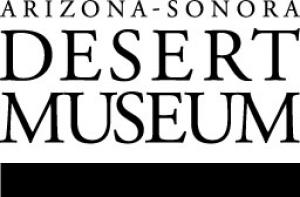
 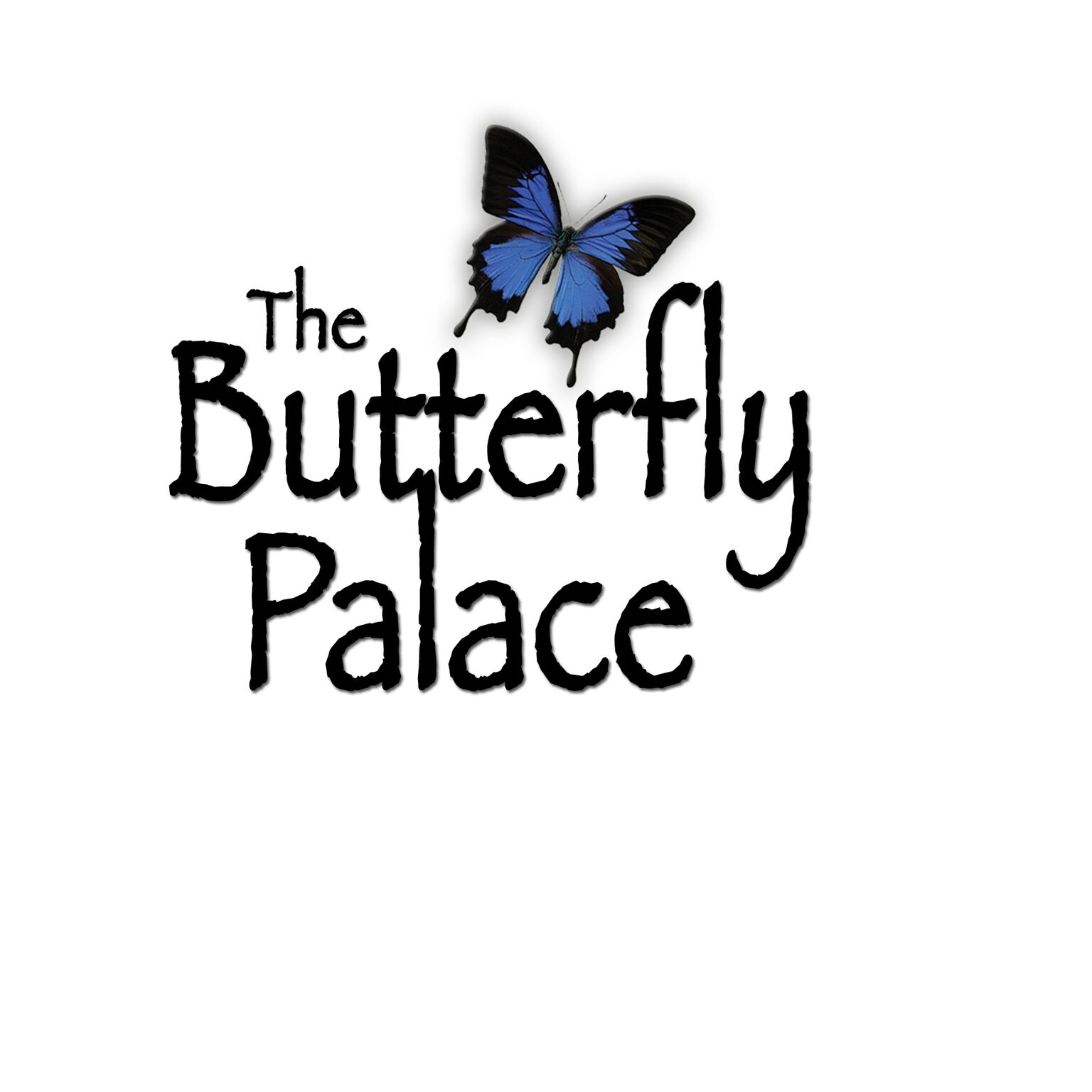
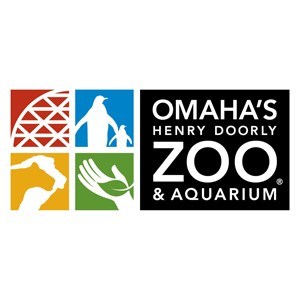
|
|
| Thursday, |
August 1
|
7:00am - 4:00pm
Registration, Vendors and Exhibits - Registration may close during paper sessions and lunch. |
|
7:00am - 4:00pm
Silent Auction |
PAPER SESSIONS |
|
8:00am
Welcome and Announcements |
|
8:10am - 9:30am
I, Naturalist
| Renee E. Hazen- Saint Louis Zoo
Mitch Magdich- Toledo Zoo
Nathan Brockman- Reiman Gardens, Iowa State University
Louise I. Lynch-O'Brien / Michael Weissmann - University of Nebraska-Lincoln / Kallima Consultants, Inc.
|
9:30am - 9:50am
Announcements and Break -- Please visit the Exhibit Hall! |
|
9:50am - 11:30am
Inverts in Education
| Stephanie A. Dole, PhD- Beetle Lady
Patricia Nichols – Philadelphia Insectarium and Butterfly Pavilion
Dr. Faith J. Weeks - Towson University
Dr. Ron Wagler - The University of Texas at El Paso
Winnifred Wolfe - Topa Topa Elementary (short)
Karen Verderame - The Academy of Natural Sciences of Drexel University (Short)
LUNCH |
|
11:40am-1:30pm
COMPLIMENTARY lunch provided for conference
participants |
AFTERNOON WORKSHOPS |
|
1:30pm - 4:30pm
Spider Bites (25 participants)
|
Led by Dr. Craig Ira Goldstein, M.D., Rush Oak Park Hospital Participants will learn about the biology of offending spiders as it pertains to human bites. The epidemiology, symptoms and sign, and treatment of bites will be discussed. Emphasis will be placed on recluse and widow bites. Less time will be devoted to uncommon bites (real and imagined) and to the consequence of contact with urticating hairs. |
1:30pm - 4:30pm
|
Improv(e) your interpretations- How comedy and story telling can make you a more effective science communicator (16 participants)
Facilitated by Catherine Bartlett, Arizona-Sonora Desert Museum Presentations whether formal, informal, large, or small can be intimidating! In this workshop we will explore ways to build confidence, authentically connect with audiences, and craft vivid messages. Through exercises, and a little silliness, you'll get out of your head and into the moment. We'll break down the best ways to present your love of bugs, and include some tips on how to deal with the naysayers. Come equip yourself with practical approaches for teaching, and have some laughs in the process! |
|||||||||||||||||||||||||
|
1:30pm - 5:30pm
|
DNA Barcoding: Citizen Science in Action PART 1 Leaders: Jeffry Petracca- Cold Spring Harbor Laboratory DNA Learning Center In this workshop, participants will learn how to use DNA barcoding for student and citizen science projects to study local biodiversity. Just as the unique pattern of bars in a universal product code (UPC) identifies a consumer product, a short “DNA barcode” is a unique pattern of DNA sequence that allows even novices to potentially identify any living thing. In this practical workshop, you will perform simple methods to extract DNA from invertebrate specimens, amplify the barcode region by polymerase chain reaction (PCR), confirm amplification by gel electrophoresis, and analyze barcode sequences using the DNA Learning Center’s bioinformatics tool, DNA Subway. Please also register for workshop session Part 2 on Friday. |
||||||||||||||||||||||||||||||||||||||||||||||||
| ROUNDTABLE | |||||||||||||||||||||||||||||||||||||||||||||||||
|
1:30pm - 3:00pm
|
Get more from your Volunteers: Tips and tricks to increase Volunteer satisfaction and improve public interactions
Facilitated by Lisa Porter- Smithsonian Institution National Museum of Natural History and Chris Mooney (NMNH) In this roundtable the co-facilitators will lead a discussion on effective strategies to sustain volunteer involvement and increase satisfaction by discussing methods: providing enrichments for gaining new knowledge; creating volunteer facilitated activities that allow for volunteer choice while maintaining core messages; offering “level-up” experiences for volunteers after hitting milestones; supplying opportunities for volunteer involvement in decision making. By providing these opportunities/offerings to volunteers, they become more engaged in the activities or conversations with the public and are better able to disseminate the messages of your institution. The audience is educators and administrators. |
||||||||||||||||||||||||||||||||||||||||||||||||
|
1:30pm - 3:00pm
|
Invertebrate Welfare Roundtable
Facilitated by Erin Sullivan, Woodland Park Zoo and Paige Howorth, San Diego Zoo This informal discussion will be focused on applying established concepts of animal welfare to enhance the lives of invertebrates in managed care. |
||||||||||||||||||||||||||||||||||||||||||||||||
| FIELD TRIPS | |||||||||||||||||||||||||||||||||||||||||||||||||
|
6:00pm - 10:00pm
|
Peppersauce del Noche (24 participants)
Leader - Howard Byrne - Arizona-Sonora Desert Museum Peppersauce Canyon is nestled in the Santa Catalina mountains in a riparian area at a cool, mid-elevation that rises above the warmer desert floor. This night-time excursion is occurring at a very opportune time of year; arthropod diversity should be seriously impressive! It’s a great opportunity to go iNat crazy, to collect for your institution, or just take some unforgettable photos with friends and bugs, not necessarily in that order. Peppersauce should be hotter than last year, bug-wise! |
||||||||||||||||||||||||||||||||||||||||||||||||
| EVENING EVENT | |||||||||||||||||||||||||||||||||||||||||||||||||
|
7:00pm - 9:00pm
|
Insect Trivia and Game Night |
||||||||||||||||||||||||||||||||||||||||||||||||
|
Thank you to our Luncheon Level Sponsors: 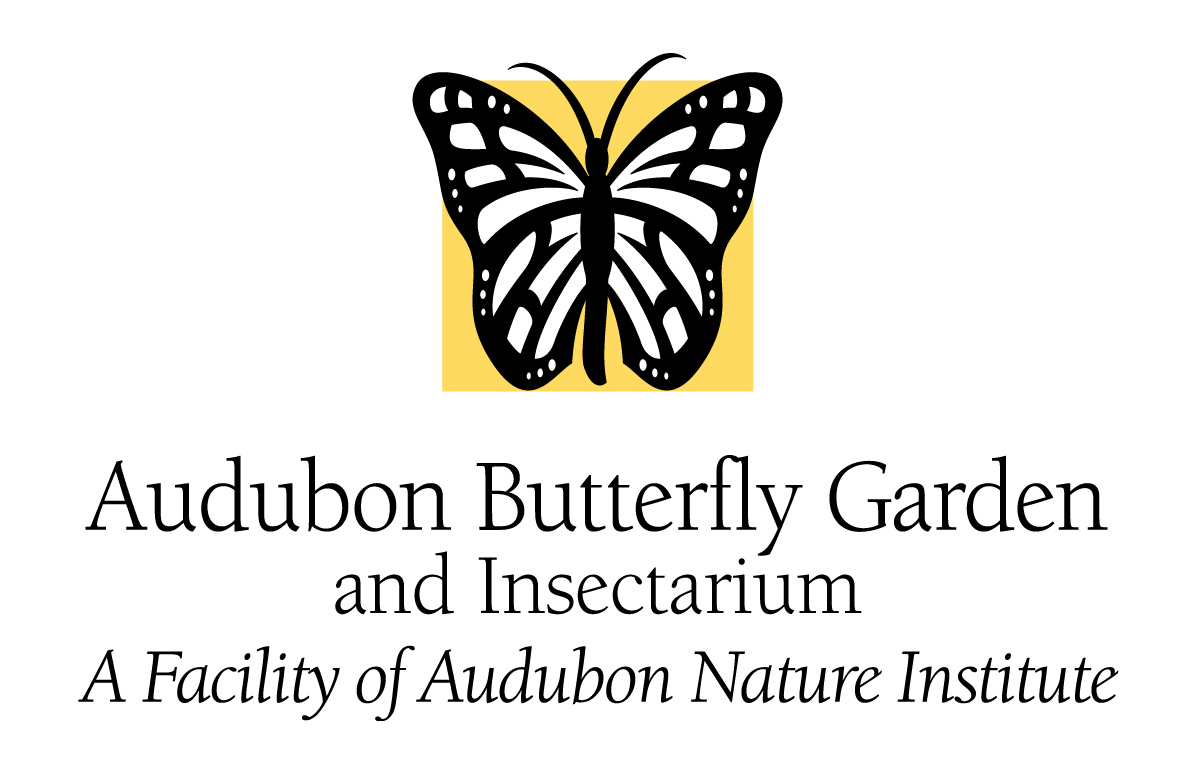
| |||||||||||||||||||||||||||||||||||||||||||||||||
| Friday, August 2 |
|||||||||||||||||||||||||||||||||||||||||||||||||
|
7:00am - 4:00pm
|
Registration, Vendors and Exhibits -Registration may close during paper sessions and lunch. | ||||||||||||||||||||||||||||||||||||||||||||||||
|
7:00am - 4:00pm
|
Silent Auction | ||||||||||||||||||||||||||||||||||||||||||||||||
| PAPER SESSIONS | |||||||||||||||||||||||||||||||||||||||||||||||||
|
8:00am
|
Welcome and Announcements | ||||||||||||||||||||||||||||||||||||||||||||||||
|
8:10am - 9:30am
|
The Invertebrate Conservation Landscape
Bob Merz - St Louis Zoo
Adrienne Brewster, Cambridge Butterfly Conservatory (Short)
Jaret Daniels - Florida Museum of Natural History
Brandon Quinby, Purdue University (Short)
|
||||||||||||||||||||||||||||||||||||||||||||||||
|
9:30am - 9:50am
|
Announcements and Break -- Please visit the Exhibit Hall and Posters! | ||||||||||||||||||||||||||||||||||||||||||||||||
|
9:50am - 11:20pm
|
From The Field
Greg Courtney - Iowa State University
Hannah Riskas - Northern Arizona University
Sneha Vissa - Northern Arizona University
Jarek Sarnacki - Point Defiance Zoo & Aquarium (short)
Derek Uhey - Northern Arizona University
|
||||||||||||||||||||||||||||||||||||||||||||||||
|
11:20am - 12:00pm
|
USDA Permitting for Insect Zoos and Butterfly Houses Roundtable Facilitated by Wayne Wehling - USDA APHIS PPQ |
||||||||||||||||||||||||||||||||||||||||||||||||
| LUNCH | |||||||||||||||||||||||||||||||||||||||||||||||||
|
12:00pm-1:30pm
|
COMPLIMENTARY lunch provided for conference participants | ||||||||||||||||||||||||||||||||||||||||||||||||
| AFTERNOON WORKSHOPS | |||||||||||||||||||||||||||||||||||||||||||||||||
|
1:30pm - 4:30pm
|
Evaluation on the fly: Observing and measuring outreach outcomes in informal settings (30 participants) Led by Louise Lynch-O'Brien University of Nebraska-Lincoln We all pour our creativity and energy into public outreach. Evaluating the outcomes of these efforts is how we show their value. But evaluation can be difficult for various reasons. Part I of this workshop will introduce assessment and evaluation approaches for informal education settings and provide participants with examples of high-, low-, and no-tech tools. Participants will be invited to discuss additional tools and experiences. Resource lists and take-home examples will be provided. In Part 2 we will develop evaluation plans for participants’ own outreach programs through worksheets, group discussion and presentation. |
||||||||||||||||||||||||||||||||||||||||||||||||
|
1:30pm - 4:00pm
|
If You Would Only Look Them in the Eyes Led by Anne Baxter-Johnson- Henderson County Public Schools (Retired) Scientists are seeing evidence that numbers of invertebrates such as spiders and insects are beginning to dwindle for various reasons. But it is easy to ignore or destroy out of fear the “faceless” tiny animals that we are so dependent on. How do humans connect to invertebrates so that we can stop our knee-jerk responses and become partners with them in saving our planet? In this workshop participants will explore human prejudices against invertebrates and use animals from the field, puppetry, and role-play so that they can make the human-to-creature connection needed to become aware and active partners with invertebrates. |
||||||||||||||||||||||||||||||||||||||||||||||||
|
1:30pm - 4:30pm
|
DNA Barcoding: Citizen Science in Action PART 2 Leaders: Jeffry Petracca- Cold Spring Harbor Laboratory DNA Learning Center In this workshop, participants will learn how to use DNA barcoding for student and citizen science projects to study local biodiversity. Just as the unique pattern of bars in a universal product code (UPC) identifies a consumer product, a short “DNA barcode” is a unique pattern of DNA sequence that allows even novices to potentially identify any living thing. In this practical workshop, you will perform simple methods to extract DNA from invertebrate specimens, amplify the barcode region by polymerase chain reaction (PCR), confirm amplification by gel electrophoresis, and analyze barcode sequences using the DNA Learning Center’s bioinformatics tool, DNA Subway. Participants must also sign up for Part 1 of this Workshop. |
||||||||||||||||||||||||||||||||||||||||||||||||
| ROUNDTABLES | |||||||||||||||||||||||||||||||||||||||||||||||||
|
1:30pm - 3:30pm
|
Invertebrate Conservation Roundtable Facilitated by Erin Sullivan, Woodland Park Zoo & Jaret Daniels Many conservation programs have the same questions “What stage should we put the animal out? What is the best way to record temperature? What diet should I use for butterflies in the lab? Data sheets? In this round table we will all share our favorite ricks of the trade and try to tackle some of the commonly pondered lab questions to see if we have some commonality and document some best practices to share. |
||||||||||||||||||||||||||||||||||||||||||||||||
|
3:30pm - 4:30pm
|
Planning and Implementation of Emergency Procedures Facilitated by Julie LaTurner – Houston Zoo What types of emergency plans do institutions have in place? Have they had to implement them, and in what situations. This keeper can share what happened prior and post-Harvey in Houston, plans the zoo had in place, and how they worked. |
||||||||||||||||||||||||||||||||||||||||||||||||
| POSTER SESSION | |||||||||||||||||||||||||||||||||||||||||||||||||
|
5:00pm - 6:00pm
|
Poster Session | ||||||||||||||||||||||||||||||||||||||||||||||||
| EVENING EVENT |
|
7:00pm - 9:00pm
Black Lighting Adventure – Catalina State Park |
Black lights and sheets will be set up at this amazing location to enjoy the insect life as it flies in. Please note that this event is organized at no cost to conference participants. This means that there will be no meal provided, and participants are encouraged to eat before attending. Car caravans will be coordinated via a sign up sheet in the exhibit hall, and will depart from the resort at 7pm. In case of inclimant weater, please check in at the registration desk to see if the event was cancelled or moved.
|
Thank you to our Bronze Level, Roundtable and Beverage Sponsors: 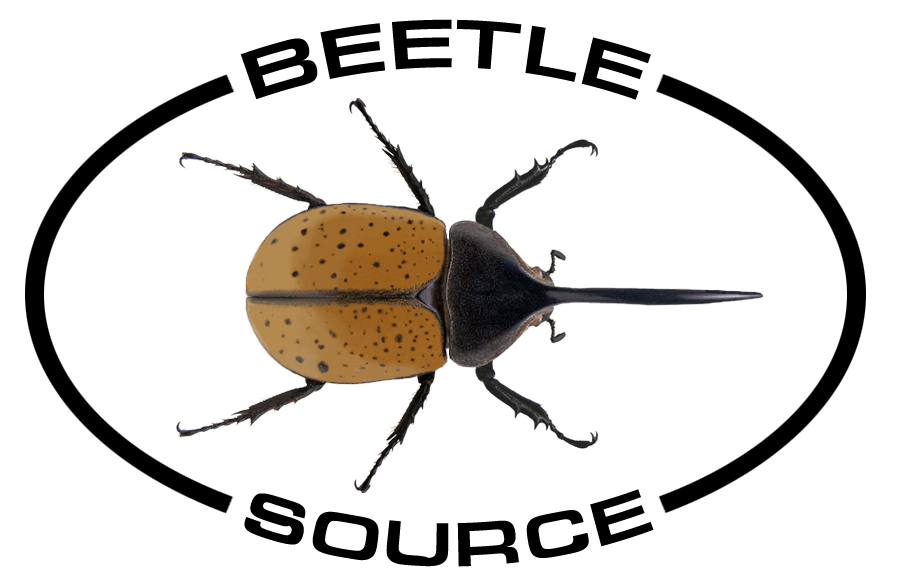
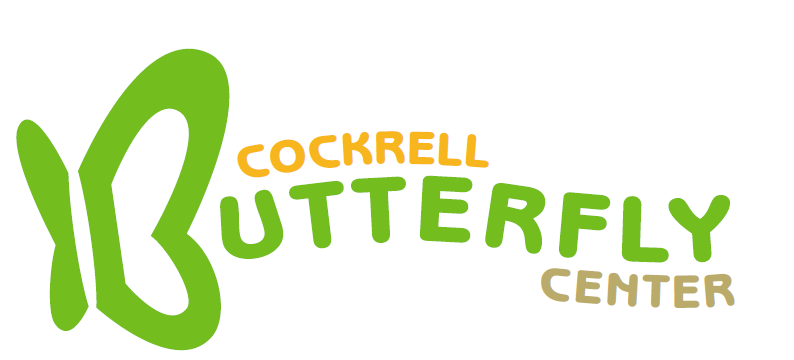  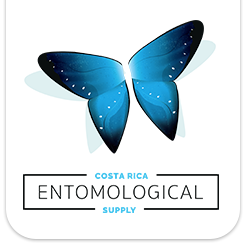
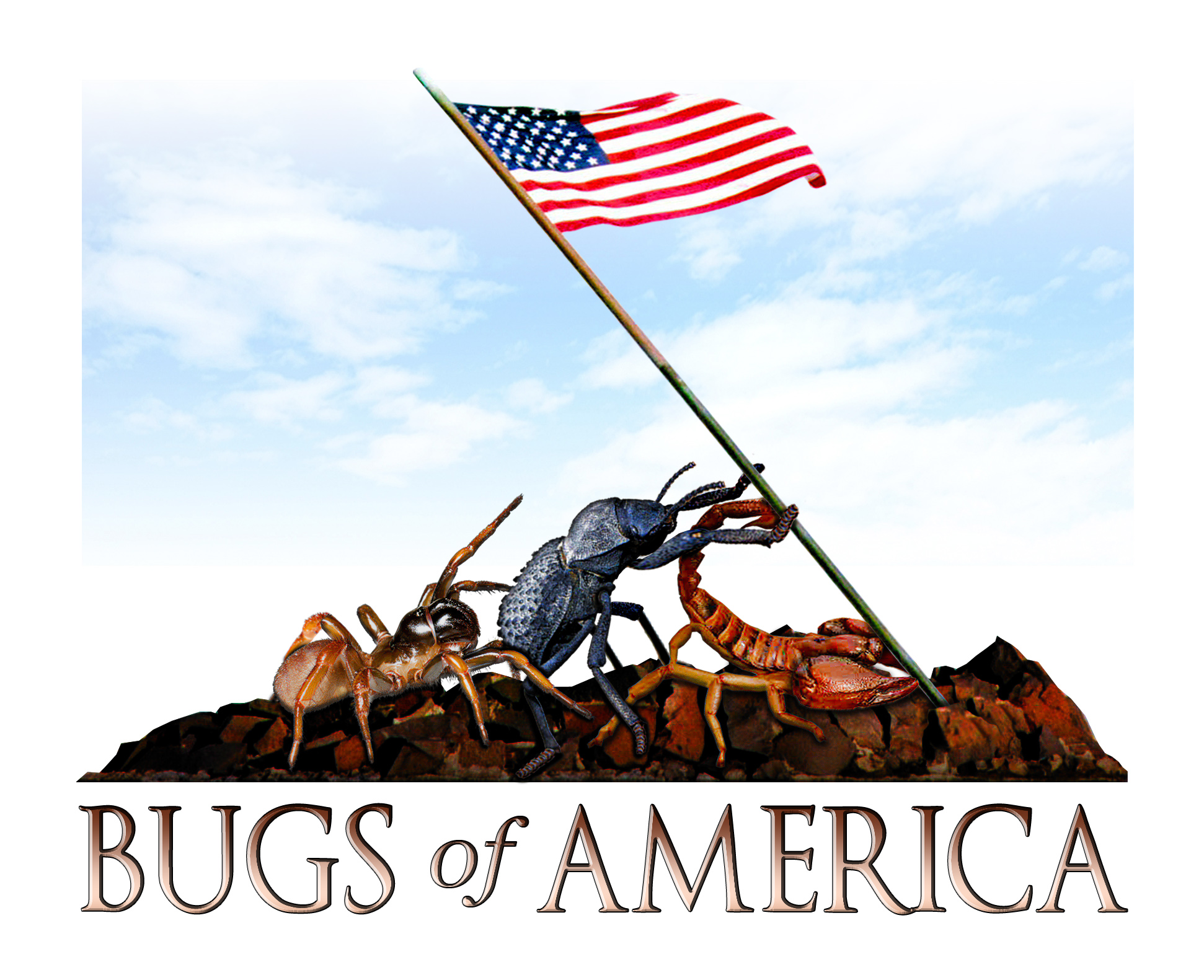 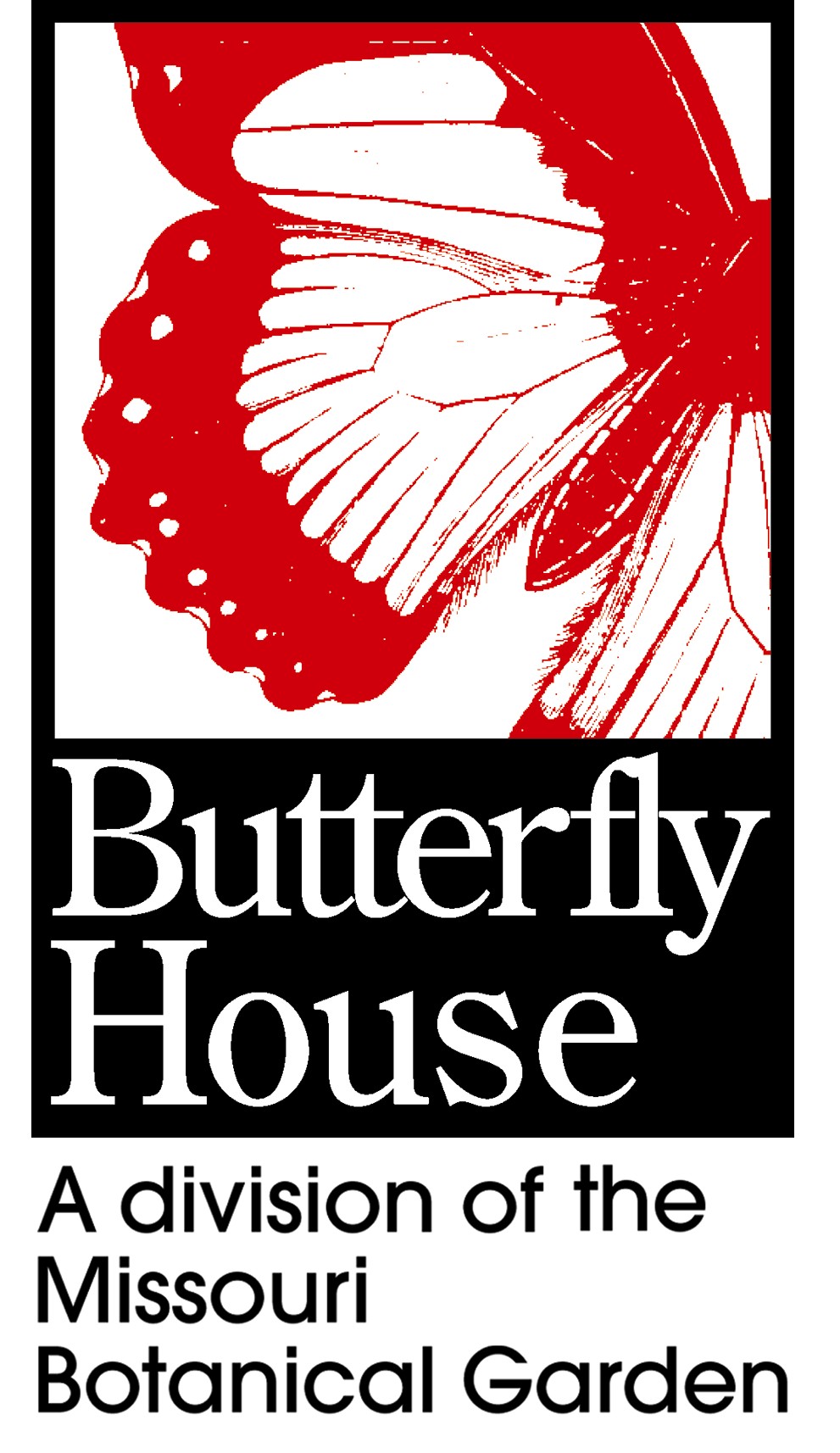



|
|
| Saturday, |
August 3
|
7:00am - 1:00pm
Registration, Vendors and Exhibits -Registration may close during paper sessions and lunch. |
|
7:00am - 1:00pm
Silent Auction |
PAPER SESSIONS |
|
8:00am
Welcome and Announcements |
|
8:10am - 9:30am
Shiny and New—Invertebrate Facility Design
| Paige Howorth & Susi Ngoi, San Diego Zoo Amanda Ballard, Jordan Miner, Butterfly Biosphere at Thanksgiving Point Raymond A. Mendez, Work As Play and Bugarium, Albuquerque Biopark
Jason C Schaller, Bugarium, BioPark, NM
|
9:30am - 9:50am
Announcements and Break -- Please visit the Exhibit Hall! |
|
9:50am - 11:10am
Tinkering: Problem-solving with Invertebrates
|
Tim Wong - California Academy of Sciences
Kathryn Hokamp - Butterfly Pavilion
Dylan Cebulske - Saint Louis Zoo
Jon Bertolas - Milwaukee Public Museum
WORKSHOPS |
|
1:30pm - 4:30pm
Bugs of Pokémon: Using the game to engage the public |
Led by Stephanie A. Dole, PhD – Beetlelady LLC Pokémon creator Satoshi Tajiri spent his childhood collecting bugs in the Japanese countryside. His love of entomology pervades Pokémon from the “pocket monsters” that are inspired by real arthropods, to Pokémon attacks and abilities that actually exist in the arthropod world. This workshop will introduce participants to the Pokémon universe and give an overview of the Pokémon that are inspired by real arthropods. We'll explore using the public's knowledge of Pokémon to engage them in arthropod biology and conservation. Workshop participants will create their own Pokémon cards and displays using pinned arthropod specimens for use in education and outreach.
|
1:30pm - 4:30pm
Introducing squiggly wigglies to young children (10 participants) |
Led by Led by Catherine Short - Math Science Innovation Center We will use a combination of storytelling, crafts, games and other activities to teach children about invertebrates. Participants will be introduced to a variety of activities which introduce children to the wonders of small critters. Be prepared to act silly, get creative and develop out of the box activities. ROUNDTABLE |
|
1:30pm - 3:00pm
|
Imports/Exports, ESA and CITES. How can US Fish and Wildlife help with the Regulatory Alphabet Soup? BANQUET |
|
6:00pm
Final Silent Auction bids, Cash Bar and Banquet |
|
9:00pm
Dancing until...? |
|
We are pleased to announce that the following institutions are offering free admission during the week of the conference. Just show your conference ID badge to receive admission: Reid Park Zoo, Phoenix Zoo, Arizona Sonora Desert Museum, South Mountain Environmental Education Center, and Tohono Chul. 

| |||||||||||||||